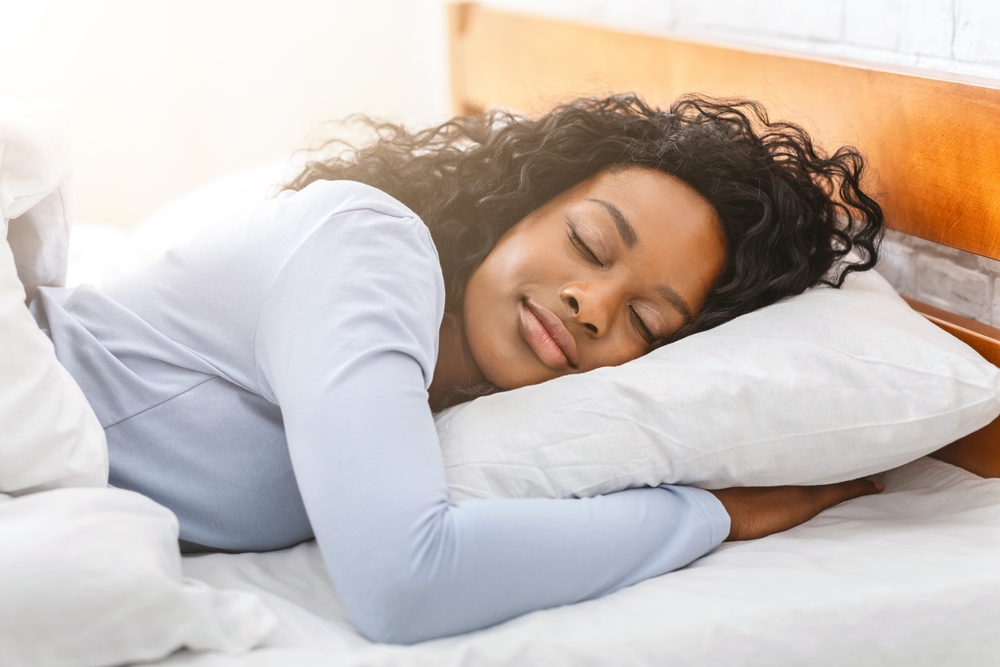Uvulopalatopharyngoplasty (UPPP) is a surgical procedure designed to treat obstructive sleep apnea (OSA). This sleep disorder often occurs when the tissues in the throat relax, obstructing the airway and causing interrupted breathing during sleep. UPPP helps alleviate this by removing excess tissue from the throat, thus opening up the airway and reducing the severity of OSA.
How does sleep apnea affect you?
Sleep apnea disrupts your breathing during sleep, leading to snoring, frequent awakenings, and daytime fatigue. In severe cases, it can lead to more serious health issues like heart disease or even death. The constant interruptions to your breathing deprive your body of oxygen and disrupt your sleep cycle. If left untreated, OSA can impact your overall quality of life, making treatment critical.
How UPPP works
During UPPP, your surgeon removes excess tissue from specific areas of your throat. The primary areas affected include:
- The uvula – the tissue that hangs at the back of your throat
- The soft palate – the roof of your mouth toward the back
- Other tissues around the throat, such as the tonsils and adenoids (if present)
By removing this tissue, UPPP helps widen your airway, reducing blockages and allowing for smoother airflow during sleep.
Who is UPPP for?
Not everyone with sleep apnea is a candidate for UPPP. It’s primarily intended for individuals with Stage 1 obstructive sleep apnea, where the obstruction is caused by excess tissue in the throat. If you’ve already tried other treatments, like a CPAP machine, weight loss, or lifestyle changes, and they haven’t worked, UPPP may be the next step.
UPPP is most effective for those whose sleep apnea stems from structural issues around the airways. However, for people with more advanced stages of sleep apnea (Stage 2 or Stage 3), other treatments may be recommended.
Is UPPP right for you?
UPPP might be suitable if:
- You have Stage 1 obstructive sleep apnea.
- Your sleep apnea is significantly affecting your daily life and overall health.
- Other treatments, such as a CPAP machine or lifestyle changes, haven’t been successful.
Your sleep apnea is related to structural obstructions, such as in the soft palate or tonsils.
What to expect before, during, and after UPPP
Preparation for UPPP
Before your surgery, your doctor will give you specific instructions to prepare. These often include:
Stopping certain medications, especially blood thinners like aspirin or ibuprofen.
Fasting for several hours before surgery.
Arranging transportation home after the procedure, as you’ll likely have general anesthesia.
It’s important to follow these pre-op instructions carefully to ensure the surgery goes smoothly.
During the procedure
UPPP is usually performed under general anesthesia. The surgery itself typically takes 60 to 90 minutes, depending on how much tissue needs to be removed. The goal is to widen the airway by eliminating any obstruction caused by soft tissue.
Recovery after UPPP
Recovery can vary depending on the patient, but here are some general guidelines:
- Rest and activity: You’ll need to avoid strenuous activities for the first couple of weeks. Walking around, however, is encouraged to prevent blood clots.
- Diet: Initially, you’ll be on a liquid diet, progressing to soft foods as your throat heals.
- Pain management: A sore throat is common and may last for several weeks. Your doctor will likely prescribe pain relievers and recommend salt-water mouthwashes to keep the area clean and prevent infection.
Your doctor will schedule follow-up appointments to monitor your healing and ensure the surgery’s success.
Does UPPP work?
For many patients, UPPP provides long-term relief from obstructive sleep apnea symptoms. After surgery, many people experience:
- Reduced snoring
- More restful sleep
- Fewer headaches
- Improved focus and energy levels
While UPPP can be highly effective for the right patients, its success depends on the severity of your condition and the root cause of your sleep apnea. In some cases, it can eliminate the need for a CPAP machine, while others may still need to use it but with improved results.
Is UPPP the only option for sleep apnea?
Surgery is just one of many treatments for obstructive sleep apnea. For some, non-surgical treatments such as CPAP machines or lifestyle changes, like weight loss, are effective in managing symptoms. UPPP is generally considered when other treatments have not yielded the desired results, and the patient is experiencing significant discomfort or health issues due to sleep apnea.
Finding the right treatment for you
If you’re struggling with obstructive sleep apnea, UPPP could offer significant relief, especially if other treatments haven’t worked. However, it’s important to consult with your ENT specialist to determine if this surgery is the best option for your specific case. With the right treatment plan, you can finally get a good night’s sleep and improve your quality of life.
If you suspect you have sleep apnea, find an ENT specialist in your area today to discuss your symptoms and explore your treatment options.



